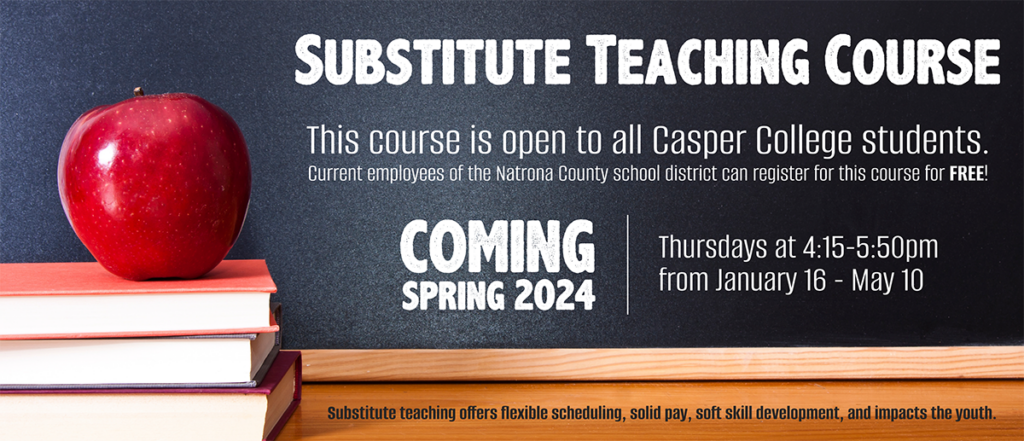
By LucyJane’s Literature
You know when you walk into a soda shop and your first instinct is to argue with your server about politics and media? Yeah, me neither.
The other day I was minding my own business at work when a customer came in and decided he wanted to start arguing with me about how artificial intelligence should replace journalists in the media. Maybe the right thing to do would be to just bite my tongue, but no self-respecting media major is going to do that.
The situation itself was annoying, and I could go on about how you shouldn’t bother people who are serving you food and drinks so they can put food on their table, but I’ll save that rant for another day. Instead, I want to talk about the viability of replacing human journalists with A.I.
A.I. journalists sound like a brilliant idea at face value — they’re robots, so they don’t have any bias. The main argument this customer gave me is that having A.I. journalists will eliminate the bias in news stories. The A.I. will tell the stories purely as they happen and they won’t add any of the fluff that humans do. My rebuttal to that is, who is programming the A.I. through billions of data points? Humans. Who is coding the AI? Humans. Human bias can still come through in A.I. because it’s a human creation. Yes, A.I. can learn and develop with more information, but all the information it’s receiving is from humans.
He also brought up that A.I. doesn’t have emotion and this would make the writing stronger. I wholeheartedly disagree. I think having human emotions strengthens journalistic writing, as long as the reporter knows how to separate their emotions from their bias. Humans are emotional creatures, and we respond when emotions are evoked. Having empathy plays a big role in how journalists report on sensitive and personal topics. Emotions also allow journalists to hold true to their morals and ethical reporting. When used in the right way, emotions make a powerful story that makes an impact on the readers.
An important point that I would like to bring up is this: A.I. is a powerful tool we can use to improve and speed up our journalistic writing, but encouraging this idea that A.I. should fully replace human journalists means that hundreds of passionate people will lose their jobs. I want to become a journalist because I am passionate about granting people their right to know. I am passionate about using journalism to hold the government accountable. And most of all, I am passionate about telling people’s stories to make an impact. A.I. may be able to write a story, but it will never feel that kind of passion.
So, if the customer who came in that day is reading this — you tell me if an A.I. could’ve written this column.

